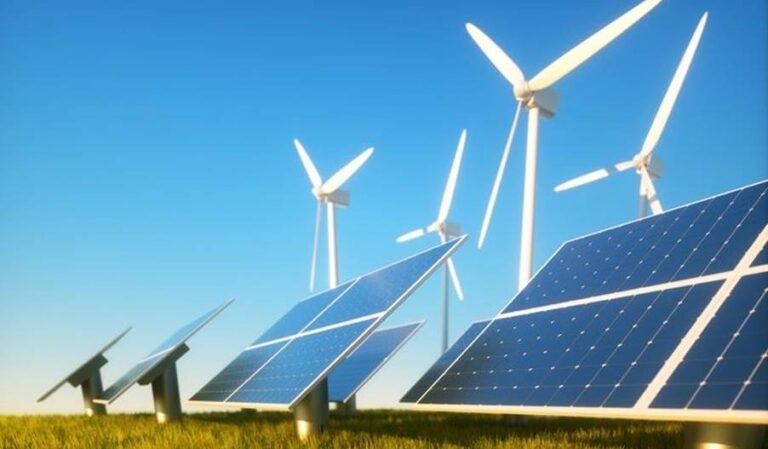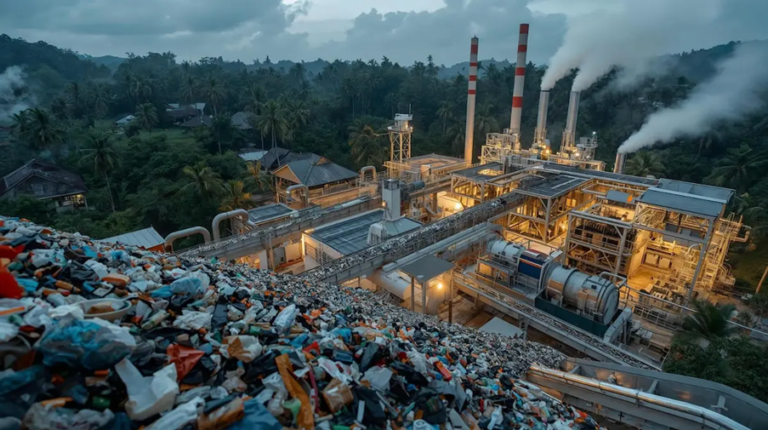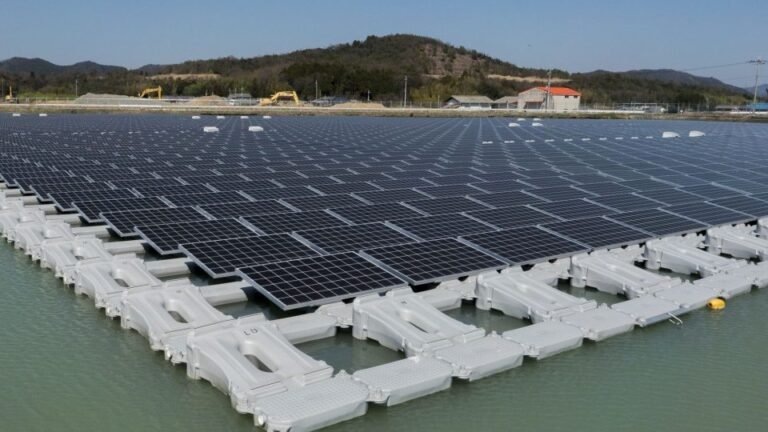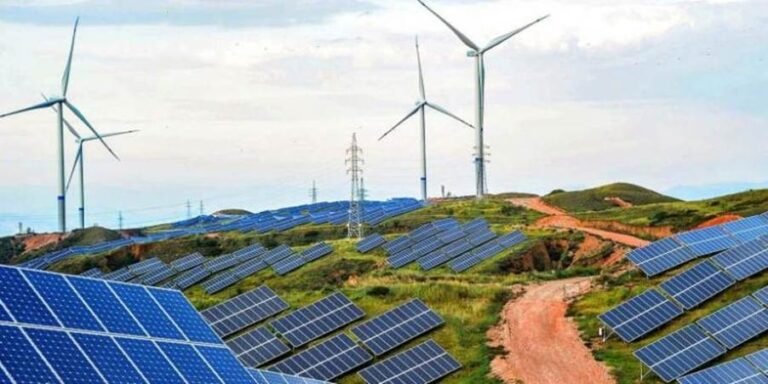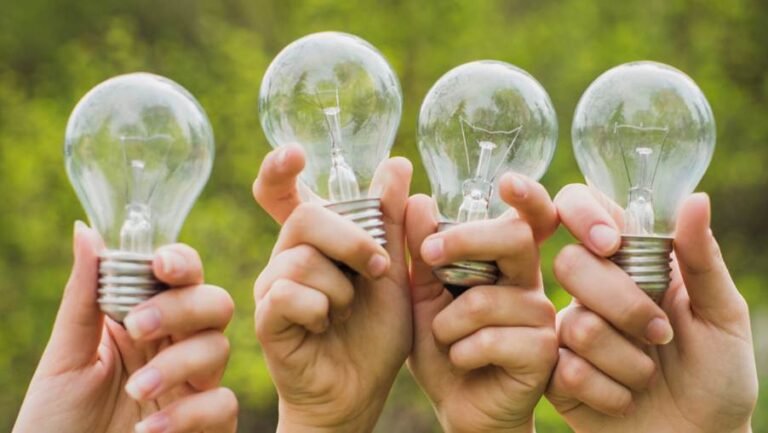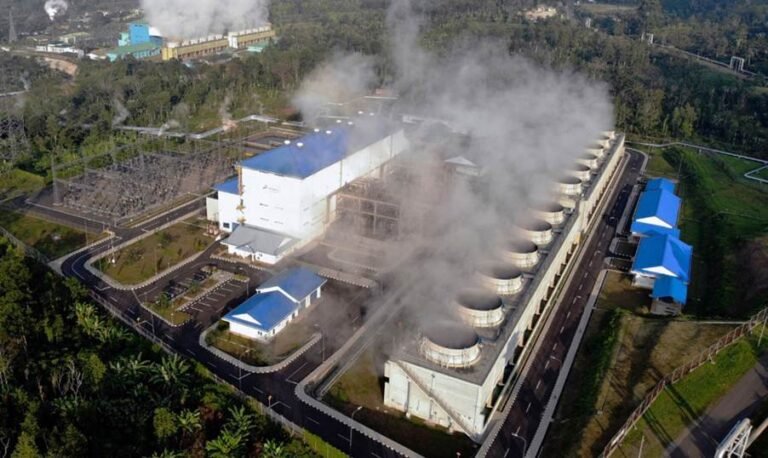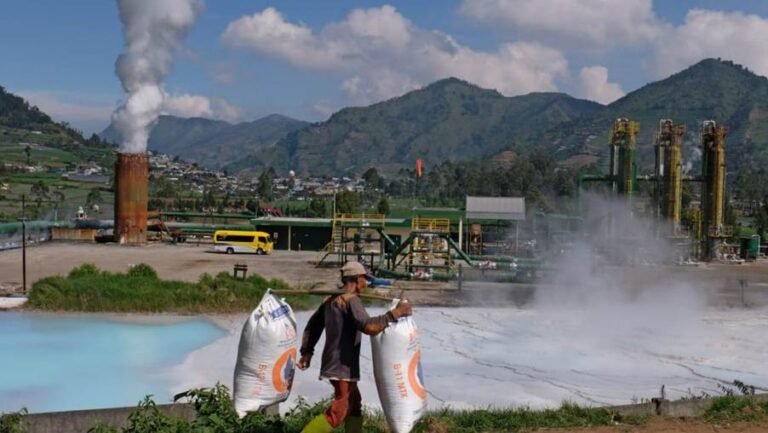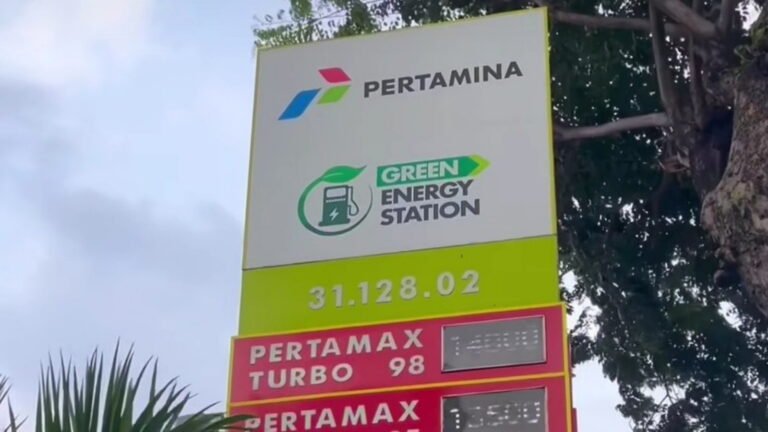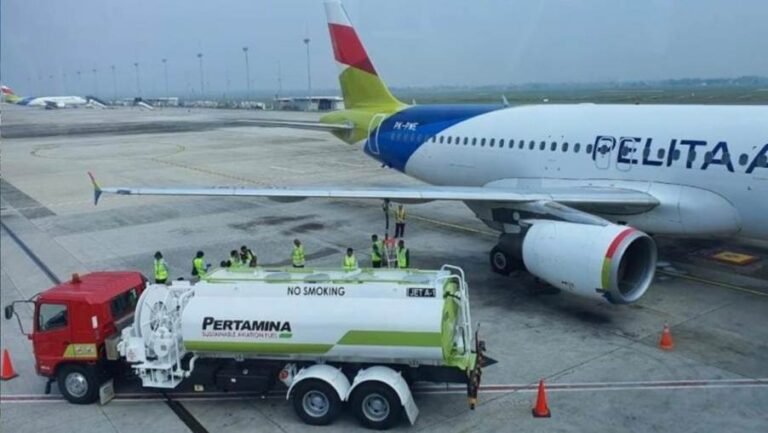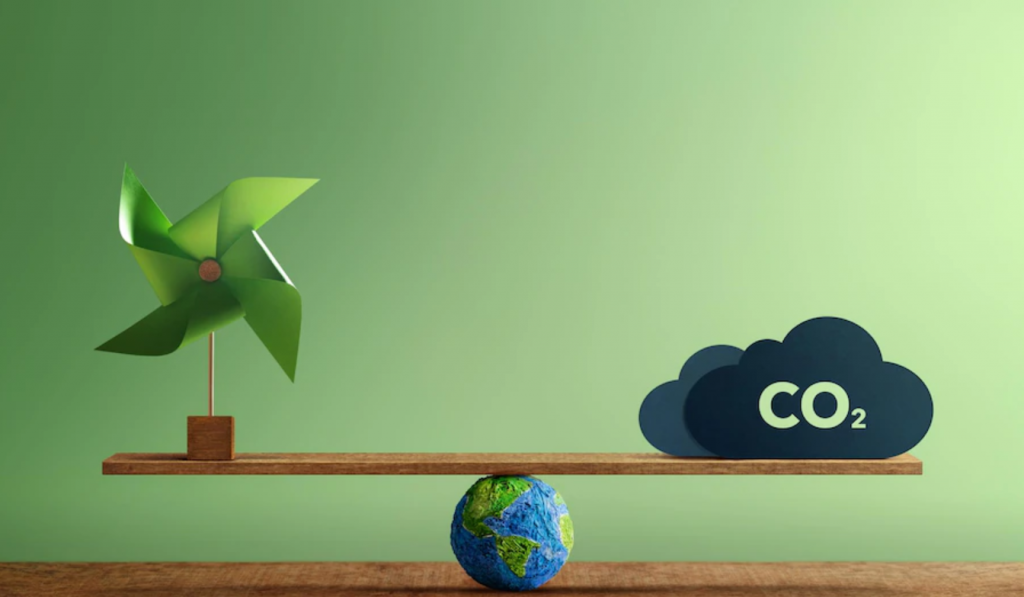
- In the implementation of carbon trading, developing countries and developed countries have their respective roles.
- Some of the commonly traded carbon emissions include carbon dioxide (CO2), methane (CH4), nitric oxide (N2O), hydrofluorocarbons (HFCs), perfluorocarbons (PFCs), and sulfur hexafluoride (SF6).
- The benefit of the Carbon Trading are giving impact on Country Income, Air Quality, Soil Quality, and Technology Development.
Sobat EBT Heros, in the implementation of carbon trading, developing countries and developed countries have their respective roles. Generally, developed countries act as buyers and developing countries act as sellers.
This is caused by the higher process of industrial activity in developed countries, causing excess use of carbon usufructuary rights.
Meanwhile, there is less industrial activity in developing countries leaving an allotment of carbon usufructuary rights.
Some of the commonly traded carbon emissions include carbon dioxide (CO2), methane (CH4), nitric oxide (N2O), hydrofluorocarbons (HFCs), perfluorocarbons (PFCs), and sulfur hexafluoride (SF6).
With this carbon trading market, the six emissions which are one of the main triggers of global warming and the cause of the climate crisis can be minimized.
Miraculously, the benefits of the carbon trading market are not only able to reduce greenhouse gas emissions. Here are some of the benefits of having a carbon market:
BACA JUGA
Country Income

Not much different from other trades, carbon trading also generates profits in the form of money.
The results of these buying and selling transactions provide a sizable contribution to state revenue. Without exception in Indonesia.
There is a simulation from research conducted by the Ministry of Finance of the Republic of Indonesia showing that every year carbon trading is able to contribute non-tax state revenues of 7.5–26.1% of the realized revenue from goods and services (Revenue of the Public Service Agency/BLU) annually for the 2011-2018 period or around IDR 350 trillion.
This proves that the presence of a carbon trading market positively impacts the country’s finances and economy.
Air Quality
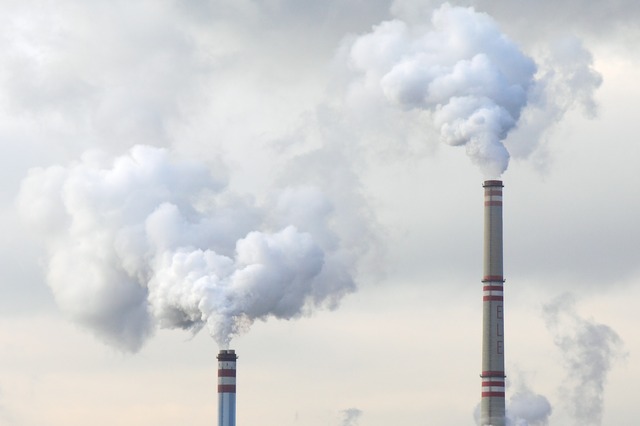
In order to gain financial benefits as described above, the government of a country is obliged to manage forests as the “main tool” in carbon trading.
Existing forests will be properly cared for so that they can continue to be a source of state income.
Protecting the forest does not only promise that carbon trading will run smoothly. But it can also positively impact the environment, one of which is improving air quality.
Because actually the area of land for carbon sequestration which in this case is forest is directly proportional to the increase in available clean air.
In addition, with this carbon trading market, a country can try to provide disincentives for the use of carbon fuels which results in reduced levels of pollution.
Improving air quality will provide the potential for better quality human health, and agricultural productivity, and minimize possible constraints that arise in economic activity.
Baca Juga
- Inilah Upaya MRT Jakarta Untuk Kurangi Emisi Karbon!
- 5 Startup Ini Hadirkan Fitur Carbon Calculator, Tertarik Mencoba?
Soil Quality
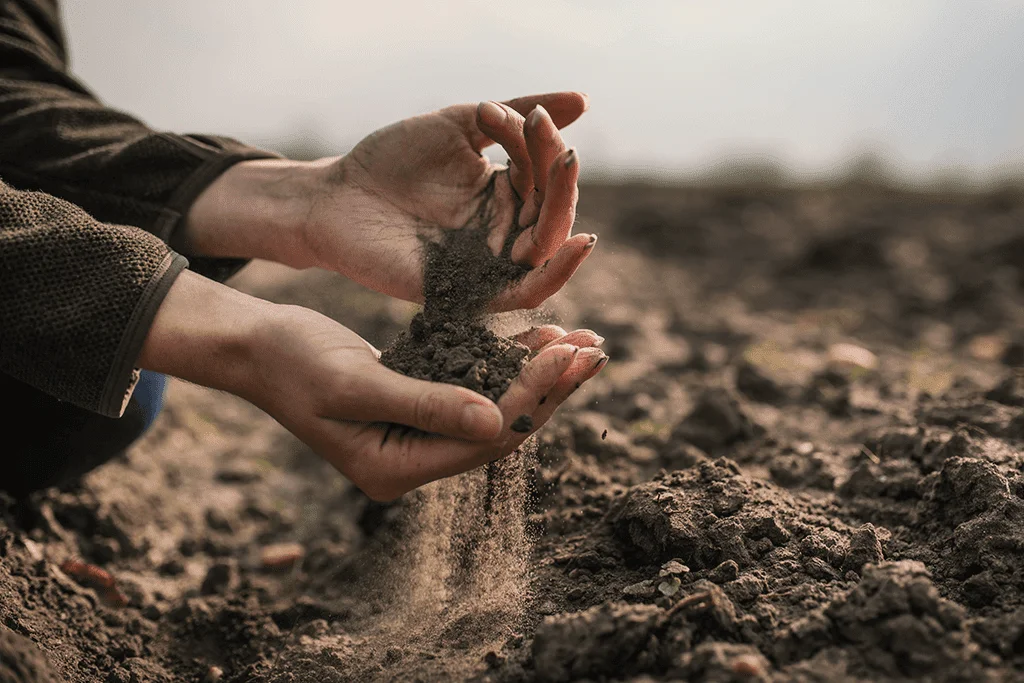
In addition to having a positive impact on the air, another important thing that is contributed by the carbon trading market is the improvement of soil quality.
The government of a country must have a high commitment to reducing forest deforestation and creating policies that support forest conservation in order to protect one of the “sources of income”.
Things such as the use of chemicals, air pollutant control, land use and deforestation can threaten soil degradation. By carrying out maintenance and protecting the forest, it will minimize soil contamination, acidification of the soil, and changes in the balance of nutrients.
By maintaining water quality, soil quality will also be maintained. In addition, to maximize the role of forests in absorbing carbon, trees or plants in the forest will continue to be added and preserved so that they have a good impact on soil quality.
The benefits of carbon markets in improving soil quality have the potential to increase human health and agricultural yields, and also reduce deforestation and loss of biodiversity.
Technology Development

In order to compete to participate in the carbon trading market, each country continues to study carbon-related technologies.
A country that carries out high industrial activity, of course, always tries to create or present technology that can reduce carbon produced by industrial processes.
Likewise, countries with minimal industrial activity certainly strive to create technology or tools that are able to continue to reduce carbon emissions so they can sell their unused rights.
Therefore, indirectly the presence of a carbon trading market can encourage humans to continue learning and developing existing technology.
This is proof that the benefits that can be felt are not only related to the economic and environmental fields but can also be beneficial for the fields of education and technology.
#zonaebt #sebarterbarukan #ebtheroes
Editor: Azahra Nabila
Reference:
[1] Indonesia Carbon Trading Handbook
[2] Mengenal Carbon Trading, Cara Unik Kurangi Emisi Karbon!

